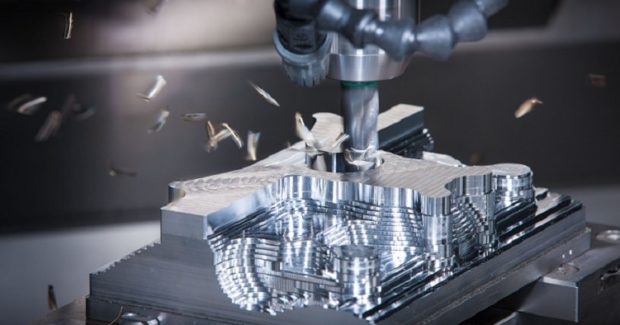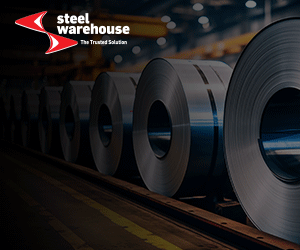There’s More to Equipment Financing Than Rates
The interest rate is a very small component of overall financing costs. It’s more important to match the lender to your overall financing needs. Here are some key factors that can help you find a good fit for a financing partner.
Posted: February 11, 2019
When discussing an equipment loan, many companies begin with the question, “What is the interest rate?” What they may not understand is that the interest rate is actually a very small component of overall financing costs. And cost isn’t the only piece of the financing puzzle. In the world of manufacturing equipment financing, relationship often plays a much bigger role than interest rate or monthly payment. Let’s be honest. There are a LOT of companies that offer equipment financing. These include captive finance companies (finance arms of equipment manufacturers), independently-owned finance companies, banks and online lenders. And within each of these classifications, there are many options. Some lenders have more experience in the metalworking industry than others and they understand the industry, the business, and the equipment.
Many lenders require personal credit scores to approve an equipment loan, much like they would with a personal loan. Additionally, there are various types of loan structures available to manufacturers. Some lenders only provide equipment purchase loans and/or leasing, while others also offer refinancing, debt consolidation, or cash-out (working capital) loans. A machine acquisition can be straightforward, requiring a small down payment and simple loan structure. Larger purchases could involve refinancing of existing assets, cash out for tooling or accessories purchases, and an equipment loan to acquire the new machine. Custom-built equipment often takes months to build and requires progress payments along the way. Lenders familiar with this type of deal structure will already have the needed processes in place to ensure a smooth transaction. The type of loan needed is dependent upon the needs of the manufacturer, and these needs change over time. It’s important to match the lender to your overall financing needs.
As with many industries, the metalworking business can be cyclical. In the good times, money is plentiful and lenders are abundant. When business is down, many financing resources retreat from the market. In the aftermath of the 2008/2009 financial crisis, funding for the manufacturing industry became scarce. Shops shuttered, equipment remained idle, and many banks and lenders pulled out of the market. They weren’t willing to take the risks associated with the slowdown, which made it even more difficult for the metalworking shops that were operating to obtain funding to help them through the slowdown, and not just for new equipment purchases. Lenders that have experience with the industry understand its cyclicality, have a greater percentage of their business with manufacturers and are long-term players. Developing a relationship with this type of lender can be essential to a company’s ability to navigate all economic cycles.
While industry experience and expertise are very important, relationship also plays a large role in a good financing partner fit. Face-to-face contact is always helpful. A representative that takes a personal interest in the metalworking business and answers the phone on the weekends and after hours can be especially helpful when you need a quick response to take advantage of opportunity or in times of trouble. There are times when a business may have trouble making loan payments – this could be due to a slow-paying customer, loss of contract, machine downtime, etc. When faced with this situation, does the finance partner offer options for delayed or skip payments? An industry-savvy, relationship-based partner sometimes will. The key to that relationship is open and honest communication. As with any relationship, it’s a two-way street. Communication can go a long way to the partner’s understanding and willingness to work through a given situation. To determine if a lender is an appropriate fit, ask some key questions:
- How long have they served the metalworking industry?
- Has their commitment to the industry been opportunistic or continual, i.e., were they fully committed in an economic downturn?
- Do they have experience financing the type of metalworking equipment being purchased?
- What types of loans and finance structures do they offer?
- Do they provide a personal contact?
The answers to these questions will help determine if the finance partner is a good fit for your business. And there is nothing wrong with talking to multiple lenders. Much like interviewing multiple people to fill an open job position, having confidence in your financing partner is critical to long-term success to ensure a good and lasting business relationship.















